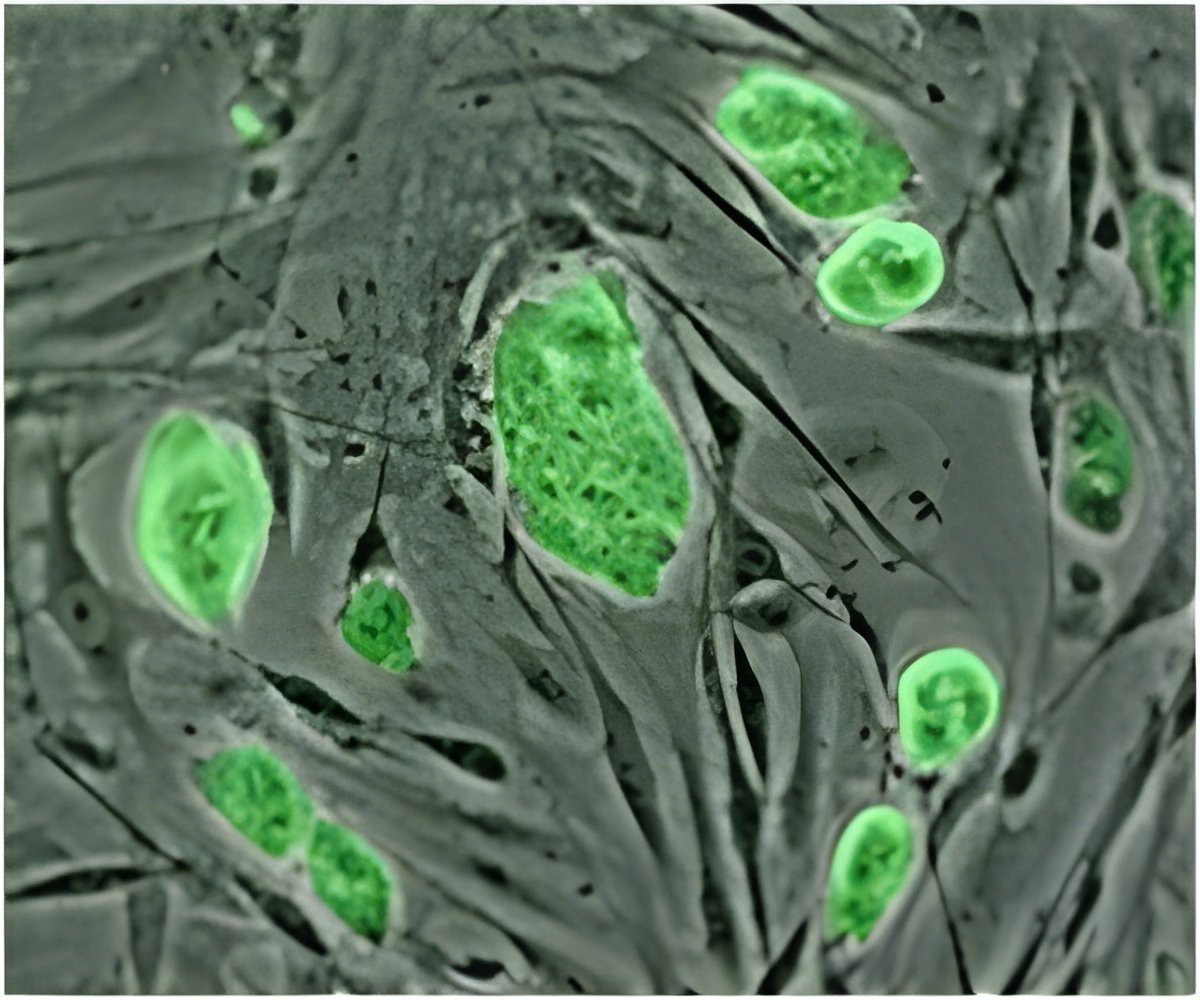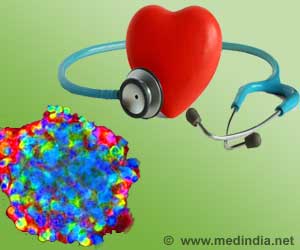A new cocktail therapy-grade stem cells have been created by researchers at Hebrew University of Jerusalem, which is highly effective at coaxing adult cells to become quality pluripotent stem cells.

The resulting cells, called induced pluripotent stem cells (iPSCs), could be used to replace those lost to damage or disease. However, scientists have discovered that the process of reprogramming adult cells can introduce genetic abnormalities that limit the cells' usefulness in research and medicine.
To make iPSCs, scientists expose adult cells to a cocktail of genes that are active in embryonic stem cells. iPSCs can then be coaxed to differentiate into other cell types such as nerve or muscle. However, the standard combination of factors used to reprogram cells leads to a high percentage of serious genomic aberrations in the resulting cells. (The reprogramming factors are Oct4, Sox2, Klf4, and Myc — known collectively as OSKM).
Now researchers at the Hebrew University of Jerusalem have developed a new cocktail of reprogramming factors that produce high-quality iPSCs. Dr. Yosef Buganim, at the Institute for Medical Research Israel-Canada in the Hebrew University's Faculty of Medicine, worked with scientists at the lab of Whitehead Institute founding member Rudolf Jaenisch, a professor of biology at MIT.
The researchers reasoned that changing the reprogramming factors could reprogram the adult cells in a more controlled way and yield high-quality iPSCs. Working with mouse cells, Dr. Buganim and research scientist Styliani Markoulaki used bioinformatic analysis to design a new cocktail of reprogramming factors (Sall4, Nanog, Esrrb, and Lin28, known collectively as SNEL).
Their results showed that the interaction between reprogramming factors plays a crucial role in determining the quantity and quality of resulting iPSCs — and that a different combination of reprogramming factors can in fact produce a much higher quality product.
Advertisement
Dr. Buganim hypothesizes that SNEL may reprogram cells better than OSKM because it does not rely on the master regulators Oct4 and Sox2, which might activate part of the adult cell genome. According to Buganim, the research demonstrates the effectiveness of bioinformatics tools in producing high quality iPSCs.
Advertisement
Source-Eurekalert













